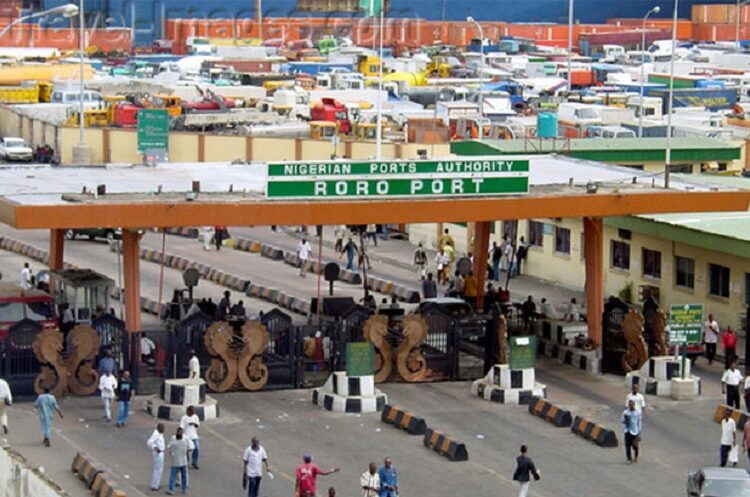In a major push to enhance efficiency at Nigeria’s seaports, the Presidential Enabling Business Environment Council (PEBEC) and the Nigerian Ports Authority (NPA) have inaugurated the Ports and Customs Efficiency Committee (PCEC). The new body is aimed at reducing bureaucratic delays, cargo dwell time, and improving Nigeria’s trade competitiveness.
The PCEC was launched during an inaugural meeting in Lagos on Thursday.
Driving Real Reform, Not Just Policy
PEBEC Director General Princess Zahrah Mustapha said the new committee represents a shift from policy to implementation. “This is not just another one of our reforms,” she stated. “It’s about resilience; it’s about unlocking potential opportunities and enhancing Nigeria’s economy.”
According to her, the committee will drive the reduction of documentation duplication and manual processes while also increasing customer satisfaction. “It is a call to action for terminal operators, shipping companies, freight forwarders, and regulators. This is a shared problem requiring a shared solution,” she added.
Princess Mustapha also highlighted the economic costs of inefficiency. “These are not just numbers, these are missed opportunities. They represent jobs not created, goods not delivered, investments not realised.”
NPA Targets Revamp of Century-Old Ports
NPA Managing Director Abubakar Dantsoho identified four key areas being tackled: infrastructure, equipment, technology, and human capacity. He noted the dire condition of Nigeria’s major ports.
“Tin Can was constructed about 48 years ago, Apapa almost 100 years ago—yet no major rehabilitation has taken place all these years,” Dantsoho said. He confirmed that the federal government has approved full reconstruction of both ports, with expectations to improve berth depth and cargo handling capacity.
Dantsoho also announced collaboration with the International Maritime Organization (IMO) on deploying the Port Community System (PCS), which will streamline port operations and reduce paperwork. “PCS is the backbone of the National Single Window,” he noted.
Customs Backs Investment, Tech-Driven Reforms
Speaking on behalf of the Nigeria Customs Service, Deputy Comptroller General C.K. Niagwan echoed the urgency of reform. “An efficient port is critical to Nigeria’s logistics and trade competitiveness,” she said.
Niagwan called for public-private partnerships to invest in infrastructure upgrades and urged all MDAs to commit to regulatory reform. She pointed to severe congestion and prolonged cargo dwell times as major contributors to inefficiencies.
“We must implement measures that ensure sustained investment in infrastructure and technology. We cannot afford to rely solely on government,” she concluded.
Collaboration as the Path Forward
All parties agreed that efficiency at the ports cannot be achieved in silos. “NPA cannot do it alone,” Dantsoho emphasized. “Efficiency must cut across all segments if we are to truly optimize revenue and compete globally.”
With Nigeria positioning itself under the African Continental Free Trade Agreement (AfCFTA), the PCEC aims to transform ports into true regional trade hubs.




